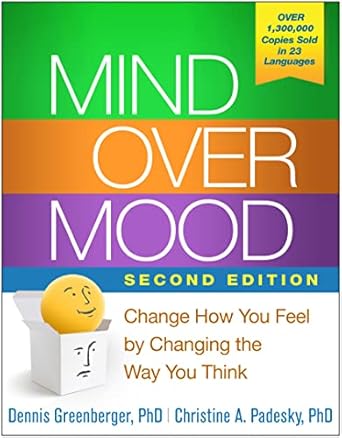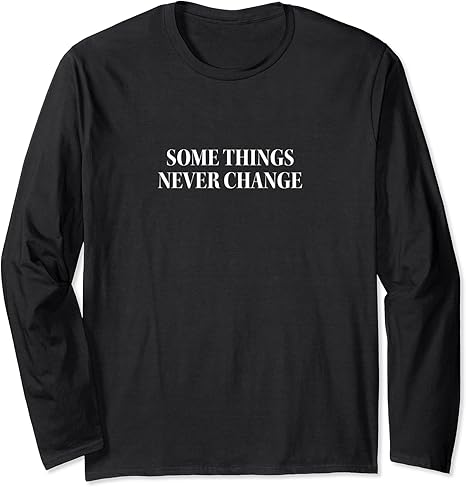WeightDrive
This drive is all about managing your weight in relation to your body size and stature.
Let’s first start by saying you won’t find any diets in this Drive and we won’t recommend any. We will talk about a few diets but we don’t advise you to use them. Most medical professionals will tell you dieting is a waste of time, whether its carbs to proteins or calories or carbs it does not matter. It’s all about a balanced diet mindful of your own body’s needs and requirements.
WeightDrive is all about you getting to know yourself, what your lifestyle is, how many calories you eat/drink each day and how many you burn. What your muscle structure is and how often you exercise or not. When you eat, the portion size and the frequency – it’s really as simple as that!!
Who wants a model image and then having to live a miserable life living off seaweed, kelp, rabbit food and tofu. Most normal people have a bit of extra fat on their bums, boobs or belly, so what. If you are within your body range, eat healthily and exercise and you have no underlying health conditions? Then enjoy life.
Click on a heading below and see a summary, and if you're interested you can GO and read more about it!
Here are somefacts about weight. GO!
See what affects your weight. GO!
See some interesting facts about diets. GO!
See some facts about timing of meals and chewing. GO!
Even children and pets are overweight! GO!
See whether fasting works for losing weight. GO!
See what detoxing is all about. GO!
Isn’t loving yourself as you are more important? GO!
See the relationship between obesity and different cancers. GO!
If you’re fit and fat there are still potential issues. GO!
See if there’s a link. GO!
You need to change your habits to manage youe weight successfully. GO!
Calculate your own Body Mass Index. GO!
Here are some simple steps to help you manage your weight. GO!
If you’re a visitor to our site you can join and download information, assess your own health and create your own action plans, and even contribute to our site. GO!
See what you can do next. GO!
We have some additional information and stuff on this subject. GO!
Facts About Weight
had a body mass index of 30 or more. In 2016 according to the Organisation for Economic Co-operation and Development nearly 27% of adults in the United Kingdom were obese, the highest proportion in Western Europe and a 92% increase since 1996.
The UK has been ranked fourth for having the most overweight and obese adults in Europe, where obesity affects 59% of adults across the continent, a study has found.
In 2019/20, there were just over one million hospital admissions in England where obesity was a factor, a 17% rise on 2018/19.
£3.05 billion is the highest ever value for the UK organic market, and surpassed the Soil Association’s 2021 predictions.
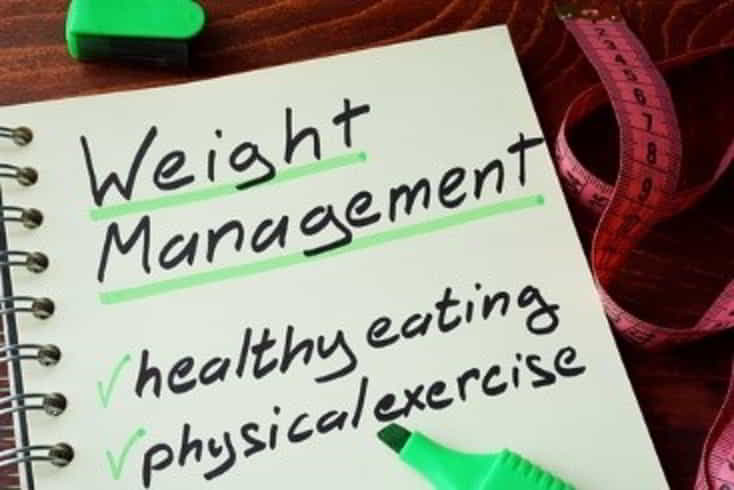
Weight Management
In simple terms, the food we eat and the clean water we drink feeds our body and creates energy, measured in calories. Basically, If you eat and drink lots and if your body doesn’t burn off the same amount then the body stores the excess as fat for a day when you might need it.
The second and often considered factor is metabolism; often people blame weight gain on having a ‘slow metabolism’ meaning they burn off calories slower.
It’s easy to hate that person who can eat a 3-course meal every day and not put on a gram -does their body metabolism run at a higher rate and burn off more calories? Some people can look at a cream doughnut and feel fatter!!! The Mayo Clinic reckon it’s just about energy.
So, knowing yourself, knowing how much you eat in terms of calories and how much you use is the key. It’s worthwhile weighing yourself and assess their body mass index (BMI) – see below. You should learn to watch your weight and take charge. You need to watch the numbers.
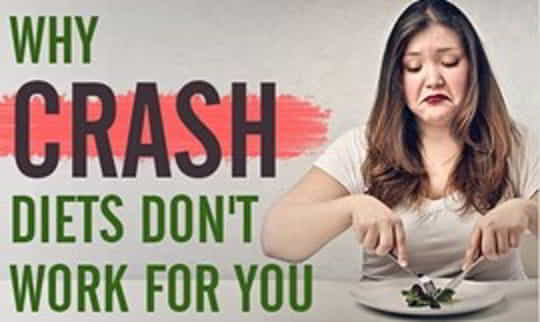
Weight loss diets - do they really work?
According to scientists and leading Doctors, no they don’t and they don’t recommend weight loss diets. What scientists and doctors say is start by evaluating how much you burn calorifically each day and then work out a healthy eating regime around your intake. If you reduce your calorific intake and gently increase exercise you will loss weight gradually and your body adjusts itself over time. .
In the world of change we often use these terms. Revolutionary change means massive, fast, dynamic and potentially uncontrollable. With revolutionary change or any kind what often happens is consequences of the change. Managing issues and consequences of rapid change are sometimes uncontrollable and people end up firefighting. With revolutionary change risks cannot always be planed and managed easily and could result in increased risk. Evolutionary change is about gradual change where risks and consequences are more easily managed.
Often humans are impetuous and want to lose a lifetime of weight gain in weeks or even days, rather than accepting the healthiest way is over a couple of years. Most weight loss diets fail because humans get bored, lose interest, get depressed at the suffering and pain that they are putting themselves through, easily tempted because they have deprived themselves of nice things.
A few years ago the Atkins diet came into existence and got over time very negative press with people complaining of the bad side effects. The reality is it wasn’t the diet that was bad it was how people used it. Atkins focused on carbohydrates. Eat less carbs and more protein. The principle was no carbs for 3 weeks and then a gradual increase in carbs to a level similar to a calorific level. But people didn’t follow the rules. What Aktins claimed was fat loss quickly and it does work, but that is where the problem lays in that once humans saw the big fat loss they carried on not eating carbs in a hope to eradicate all the fat. People thus became really ill because they deprived their bodies of an essential ingredients, carbs. Any weight loss diet should be balanced and long rather than crash and burn.
Humans are creatures of habit and love routine. This also goes for the body and mind. If you are eating a certain diet your body and mind gets used to it and adjusts. If you all of a sudden drastically change the diet and lifestyle you upset the body rhythm and function and then the body is wondering what is going off and attempts to adjust itself.
Imagine we get up on a morning and want to get out of bed, we need to excerpt ourselves. Our brain says to our body come on get those muscles moving and let’s be active. Instructions, chemicals are sent around and the action takes place, how clever. Our body and mind are incredibly complex and totally interconnected. The food processing system is designed to take in items that will support the body and mind. If you neglect your body of specific items things can happen and the body has to adjust or becomes weak. So, maintaining a healthy body is so important in weight control.
Products we put into our food system can have a multifaceted effect on the body, it creates a series of actions and reactions that drive behaviour, such as Alcohol. Alcohol initially can reduce your blood sugar level and your body tries to adjust its blood glucose levels. Drunchies, are people who drink alcohol and then have a desire to eat salty fatty foods.
The initial euphoric effects of alcohol are a result of dopamine being released from the reward centre in the brain. Dopamine is known as the “feel good” neurotransmitter and it is involved in feeling pleasure. Dopamine release is also thought to be one of the mechanisms that drive addiction.
But, drinking too much alcohol actually suppresses the appetite. Serious alcoholics tend to be quite slim according to scientists.
If you like partying and drinking junk food and drinking alcohol then this isn’t a good basis in which to transform your life to becoming a veggie eating saddo. Your body won’t stand for it and you will fail miserably and give up. Looking at what you eat and when you eat is very important in weight management.
Let’s, face it we all love chocolate, cake, Chinese, Indians, pizza, burgers and alcohol and don’t exercise enough. BUT and it’s a big but there comes a time when we have to stand in a mirror and look at ourselves and say; who let me get this size? How can I start a programme of healthy changes that will lead to a healthier me? Well, the answer is YOU, you did it. We can all say I am going to eat that chocolate cake knowing it’s the third piece or we can say NO NO NO. The reality is the majority of obese people won’t get obese on lettuce.
So, it’s about taking personal responsibility to develop a long-term plan. Don’t deprive yourself of all the nice things in life and become a hermit not going out or eating nice unhealthy foods.
Control your calorie intake during the week and If you plan a curry or Chinese or eating and drinking evening allow for 3000 calories for the event and avoid other high calorie things the following two days and try stepping up the exercise.
Consuming “highly palatable” foods, or foods that are high in carbohydrates, fat, salt, sugar, or artificial sweeteners, triggers the pleasure centre of the brain and releases “feel-good” chemicals such as dopamine and serotonin. If therefore we know this to be the case, we need to control the volumes of processed food we eat.

Here are some tips on portions size;
1. Use Smaller Dinnerware
Evidence suggests that sizes of plates, spoons and glasses can unconsciously influence how much food someone eats.
2. Use Your Plate as a Portion Guide
If measuring or weighing food isn’t appealing, try using your plate or bowl as a portion control guide.
3. Use Your Hands as a Serving Guide
Another way to gauge appropriate portion size without any measuring tools is by simply using your hands.
4. Ask for a Half Portion or have a starter instead of a main When Eating Out
Restaurants are notorious for serving large portions dish and avoiding buffet-style restaurants.
5. Drink a glass of water whilst preparing your meal
Drinking a glass of water up to 30 minutes before a meal will naturally aid portion control.
Therefore, having a glass of water before each meal can help prevent overeating and aid portion control.
6. Take It Slowly and chew more improves digestion
Eating quickly makes you less aware of getting full — and therefore increases your likelihood of overeating.
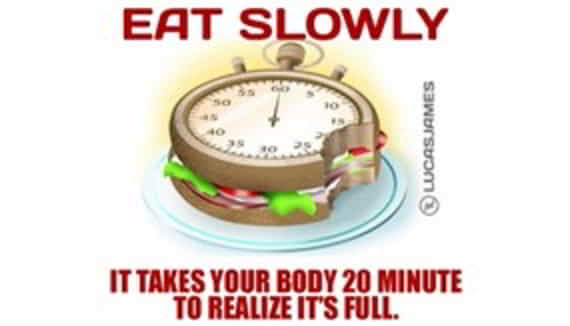
What time we eat, how fast and how we chew are very important things in weight management
In the UK the vast majority of people eat their biggest meal between 6pm and 8pm each day and this in reality couldn’t be worse. Often this is followed by a chill out session in front of the TV etc and then to bed. Your body is attempting to digest and pass through your meal whilst in a semi relaxed manner. Many European countries for example try to eat bigger meals at lunchtime giving their body time to work the food through the digestive system.
The old saying breakfast like a king/queen, lunch like a prince/ss and dinner like a pauper.
Chew your food and slow down our parents would say!!
We all remember getting told to slow down and chew our food, well its true, because it helps with digestion and it allow time for food to travel down the gullet and into the stomach and provide the signals and messages to the brain that you are full. Rushing our food bloats, the stomach and doesn’t give the body enough time to tell brain to stop eating.
Drink a glass full of water 30-45 minutes before we eat. This fills the stomach and gives chance for the brain to manage the message that you are quite full.
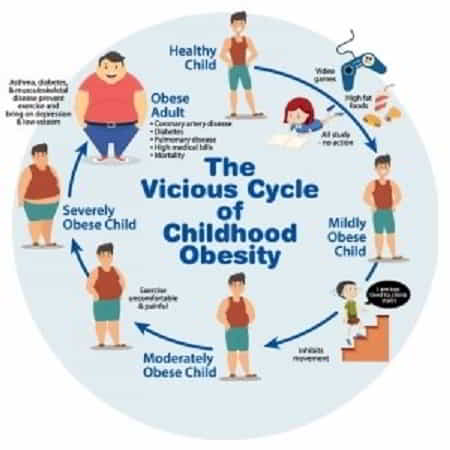
Is everyone overweight?
Child Obesity has ballooned out of control
To prove the point that the UK society has a major issue we need to focus on facts and statistics regarding obesity. Child obesity is now officially out of control in other words adults are not eating the right type of food or exercising enough and not taking charge of their weight and at the same time they are doing it to their children. Simply put a child doesn’t enter this world fat therefore it can only be adults who are feeding their faces with the wrong types of food and not getting them to burn it off with play and exercise. The UK has the highest child obesity rate in Europe.
Scary stats; 14.4% of reception age children (age 4-5) are obese, with a further 13.3% overweight. At age 10-11 (year 6), 25.5% are obese and 15.4% overweight. This data is from 2020/21 and is gathered as part of the National Child Measurement Programme.
Even pets are becoming obese
Further to over feeding ourselves and our kids we are also overfeeding our pets recent survey of veterinarians should 52% of dogs and 46% of cats are obese. Our pets and children for that matter are unable to make their own choices when it comes to food intake and type, so effectively we are killing them with kindness.
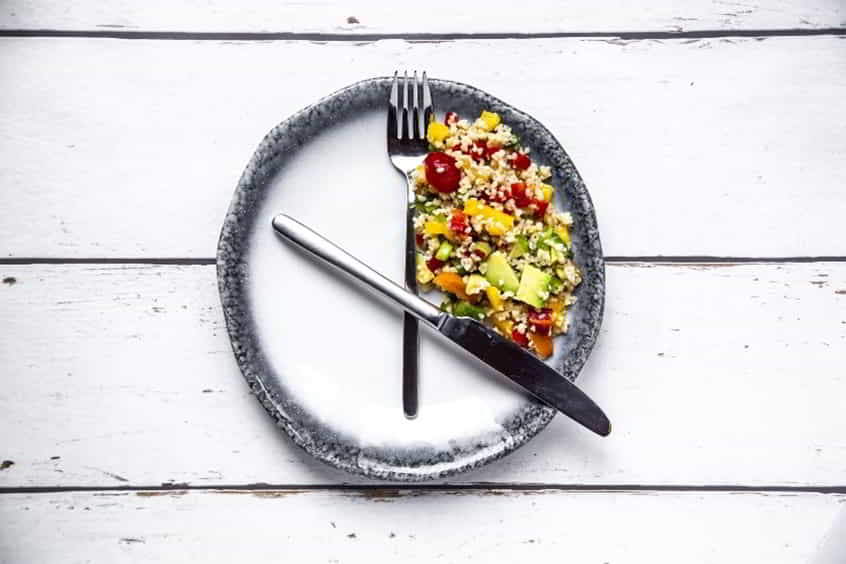
Fasting - does it work?
According to scientists the best type of fasting is from 6pm to 7am each day with the exception of weekends. There are many documents and papers that promote weight loss fasting some even say 72 hours fast is acceptable. There are clearly mixed messages.
Let’s go back to basics; your body and mind is a machine. It needs fuel to function correctly. If you give it the wrong fuel or no fuel your body will react and change. Chemical imbalance will take place and when you start fuelling again your body has to readjust again.
Some people state they feel refreshed and their body is cleansed but how do they truly know, or is it all in the mind. Scientist do say eating eat day at the correct time and then not eating again is the natural fasting period. A good example of fasting is Ramadan when Muslims do not eat for most of the daylight hours and only eat the late evening. Discussions groups have often said this switch in food intake lots of side effects such as indigestion, headaches, dizziness. Women on periods are allowed exception via a doctor as it effects the hormonal cycle.
There are many Personal Trainers who advocate fasting for long periods and undertaking high impact training regimes. Then returning to normal activity. There is no long-term evidence that this method works any better than someone have 30mins regular exercise every day and eating a normal healthy diet.

Detoxing - is it good for you, does it work, why do it?
Very similar to fasting detoxing has become a buzz word for generation Y and Z and during the late 90s health spas/farms came to the forefront offering grass munching weekends away with lots of navel gazing and colonic irrigation. We all no someone who has had colonic irrigation!! Colonic irrigation is the procedure of placing a pipe in your anus and pouring a variety of liquids into your bowel and then flushing it out. Up to 16 gallons can be used and contains herbs, chemicals and coffee. Now, back to our basic thoughts on our magnificent machine, the body and mind. This magnificent machine has its own detox system and providing we eat the right type of food; have regular exercise and water the body will take care of itself.
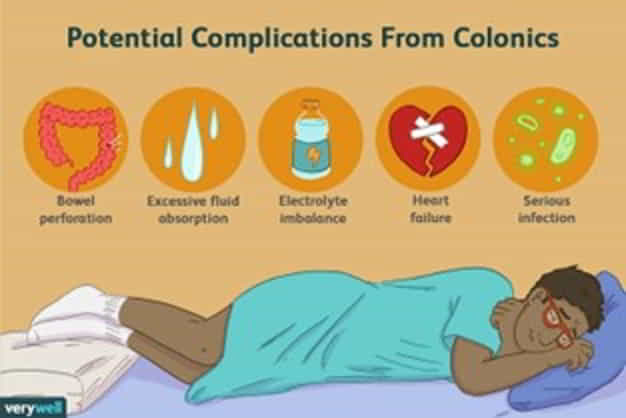
Colonic irrigation
This is what the Mayo institute has to say about the matter; But colon cleansing — also called a colonic or a colonic irrigation — for such purposes isn't necessary. That's because your digestive system and bowel already eliminate waste material and bacteria from your body.
Now, having said all this your bowel isn’t always perfect as much of most humans’ bodies have little imperfections. But the health food/service industry is worth billions and they are tempting us with retreats and processes that they say will make us feel good about ourselves. Most people who have had colonic irrigation do it on this basis and not because they were worried about their bowel and spoke to a doctor about it. Its similar to taking vitamin supplements; we feel run down and tired and immediately jump to conclusions and think I am lacking in something. We don’t rush to the doctors we chat with friends and start taking a multi vitamin in the vain hope it will make us feel better. There is clear evidence that people make themselves feel better psychologically when I reality it doesn’t work. Colonic irrigation is the same.
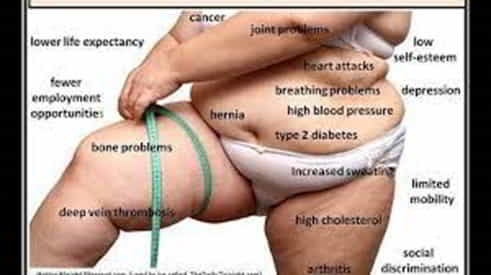
What’s wrong with being fat - isn't loving yourself what’s important?
That message has been going around by celebrities and the liberal illuminati for a few years. Love our bodies for what we are and don’t worry. Adele said this some 7 years ago and look at her today.
We need to break the phrase down into 3 parts;
1 There are practically no benefits to being morbidly obese
2 We know mental health has a lot to do with morbid obesity, self esteem etc so loving yourself rather than hating yourself is important, but it’s about balance.
3 Fat shaming has been introduced into the UK over the last 10 years. Is it to protect the feelings of a fat person or that everyone is individual and has a choice If they are fat or not?
The average person in the street probably could do with losing a few pounds, and usually as soon as they feel their clothes getting tighter or they see themselves on a photo or in a mirror they think, I’m putting on the weight best start taking some steps. This is what happens to 65% of society. But the remaining 35% ignore the signs and carry on shovelling the food in regardless. That normal person would love to tuck into crisps, cakes, sweets and wine on a Saturday night and probably does but when they need to shed the weight, they exercise discipline and say no.

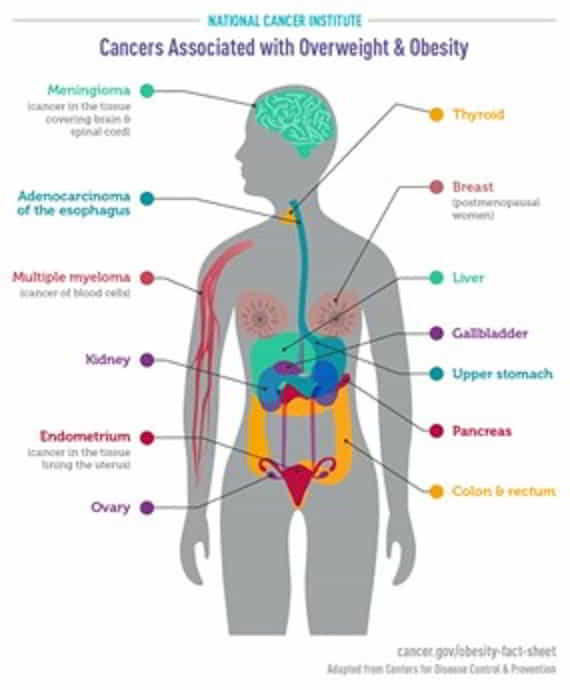
Does obesity cause cancer?
Yes, overweight and obesity is the second biggest cause of cancer in the UK - more than 1 in 20 cancer cases are caused by excess weight.
The risk is higher the more weight you gain and the longer you are overweight for keeping a healthy weight reduces the risk of 13 different types of cancer.
What’s my risk of developing cancer if I'm overweight or obese?
Being overweight doesn’t mean that you'll definitely develop cancer. But if you are overweight you are more likely to get cancer than if you are a healthy weight. Your exact risk will depend on lots of factors, including things you can't change such as your age and genetics.
Losing weight or avoiding putting on more weight can help reduce the risk of cancer.
People keeping a healthy weight could prevent around 22,800 cases of cancer every year in the UK.
There are lots of other benefits to keeping a healthy weight including having increased energy and reducing the risk of conditions such as heart disease, stroke and osteoarthritis.
Obese and overweight women are two to about four times as likely as normal-weight women to develop endometrial cancer (cancer of the lining of the uterus), and extremely obese women are about seven times as likely to develop the more common of the two main types.
People who are overweight or obese are about twice as likely as normal-weight people to develop a type of oesophageal cancer called oesophageal adenocarcinoma, and people who are extremely obese are more than four times as likely.
People who are obese are nearly twice as likely as normal-weight people to develop cancer in the upper part of the stomach, that is, the part that is closest to the oesophagus.
People who are overweight or obese are up to twice as likely as normal-weight people to develop liver cancer. The association between overweight/obesity and liver cancer is stronger in men than women.
People who are overweight or obese are nearly twice as likely as normal-weight people to develop renal cell cancer, the most common form of kidney cancer.
People who are overweight or obese are about 1.5 times as likely to develop pancreatic cancer as normal-weight people.
People who are obese are slightly (about 30%) more likely to develop colorectal cancer than normal-weight people.
Compared with normal-weight people, people who are overweight have a slight (about 20%) increase in risk of gallbladder cancer, and people who are obese have a 60% increase in risk of gallbladder cancer. The risk increase is greater in women than men.
Many studies have shown that, in postmenopausal women, a higher BMI is associated with a modest increase in risk of breast cancer.
What other medical issues can occur if you are obese
Not everyone overweight is unhealthy; some manage to escape the usual hazards, at least temporarily — called metabolically healthy obesity. However, most people who are overweight are more likely to suffer from:
• high blood pressure or chlorestorol
• type 2 diabetes
• sleep apnea
• osteoarthritis
• fatty liver disease
• kidney disease
• pregnancy problems, such as high blood sugar during pregnancy, high blood pressure, and increased risk for cesarean delivery (C-section) high blood pressure
• arthritis in its many forms can be affected by weight and diet
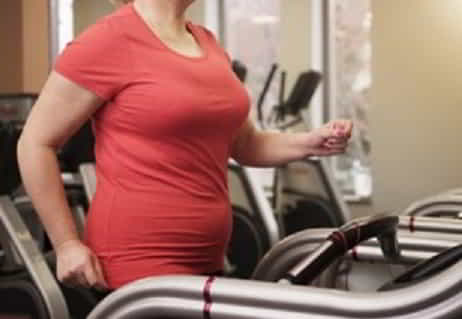
If you're fat but fit, you are at increased risk of heart disease
Carrying extra weight could raise your risk of heart attack by more than a quarter, even if you are otherwise healthy.
Researchers have found that being overweight or obese increases a person’s risk of coronary heart disease (CHD) by up to 28% compared to those with a healthy bodyweight, even if they have healthy blood pressure, blood sugar and cholesterol levels.
The findings add to a growing body of evidence that suggests being ‘fat but fit’ is a myth, and that people should aim to maintain a body weight within a healthy range.

Are weight and mental health connected?
According to statistics; people who were obese had a 55% increased risk of developing depression over time, whereas people experiencing depression had a 58% increased risk of becoming obese.
Researchers have found that being overweight or obese increases a person’s risk of coronary heart disease (CHD) by up to 28% compared to those with a healthy bodyweight, even if they have healthy blood pressure, blood sugar and cholesterol levels.
If both are connected then this becomes a vicious circle. A vicious circle is a series of events or actions that occur that makes it impossible to break. The only way to change a vicious circle into a virtuous circle to intervention. You have to break the circle with a new intervention or action. Often easier said than done. But it works. Breaking the vicious circle of weight and mental health is to take control of your life action and create some new habits to replace the old habits. This will create a virtuous situation and enable you to eliminate your depression.
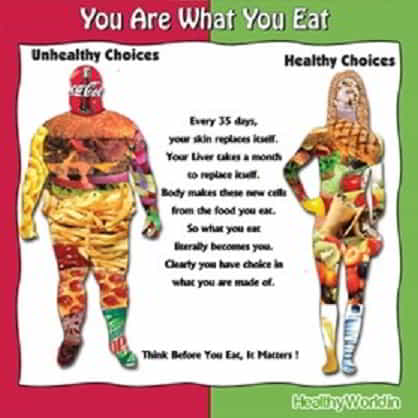
Changing habits and weight management
You know you have good ones and bad ones. You are perfectly aware of the fact that you need to exercise but then you think of any excuse not to.
But how can you change something, if you don’t know how it works? When you have no clue that your car needs oil to run, how can you know it’s oil you need to put in when it suddenly stops dead in the middle of the road?
The key is to learn about the habit. Why it’s there, how did it get there, can I get rid of it, how long will it take me. Once you know how habits work, changing them becomes much easier.
Half of the time you are awake is spent with automatic behaviours. Study has found that up to 55% of all our daily behaviours are automatic.
Habits are a way for your brain to save energy. Your brain is the most efficient processor on the planet. Your brain makes up only 2% of your total mass, but it consumes 25% of all the oxygen you inhale.
Habits are even tougher to break than you thought — way tougher
The reason habits are so tough to break lies in the structure of your brain. Based on evolution, the newer the parts of the brain are further away from the centre of the brain. Your prefrontal cortex, where all complex thinking is done, is right behind your forehead.
Here’s where the basal ganglia is, the part of the brain where habits are formed. This little lump of tissue with the size of a golf ball has been around for a few thousand years.
One keystone habit can change everything, It’s enough for you to change one habit, it just has to be the right one.
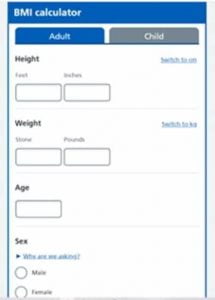
BMI calculator
This doesn’t distinguish men and women, nor body fat / muscles. National Institute for Health and Clinical Excellence (NICE) recommends BMI used with waist circumference as a better method; there is some view that Body Volume Index, is a better measure, but this is difficult to measure. The NHS have a BMI calculator:
Researchers have found that being overweight or obese increases a person’s risk of coronary heart disease (CHD) by up to 28% compared to those with a healthy bodyweight, even if they have healthy blood pressure, blood sugar and cholesterol levels.
If both are connected then this becomes a vicious circle. A vicious circle is a series of events or actions that occur that makes it impossible to break. The only way to change a vicious circle into a virtuous circle to intervention. You have to break the circle with a new intervention or action. Often easier said than done. But it works. Breaking the vicious circle of weight and mental health is to take control of your life action and create some new habits to replace the old habits. This will create a virtuous situation and enable you to eliminate your depression.
Go to NHS BMI Calculator
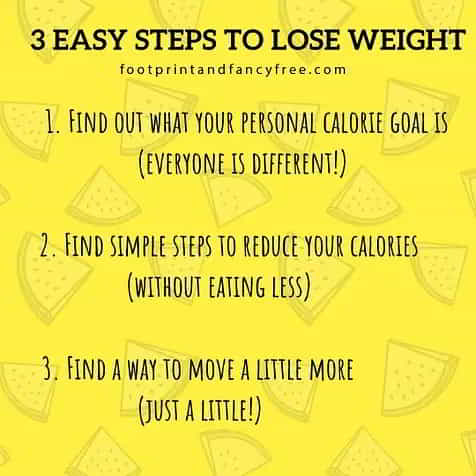
Some simple steps to weight management
Overall, losing weight is about doing something different – if you decide to lose weight change a number of things.
Habit – create a new habit to overlay the old ones and you will start to see a difference straight away
Food – eat smaller meals and ones with less calories but gradual don’t go for the quick win
Drink – replace sweet drinks with flavoured iced water. Reduce high calorific alcoholic drinks
Exercise – start walking up the stairs at work walk to the next bus stop. Don’t Park close to the supermarket door, park across the other side and walk back. Do a 5 minute sit up exercise before sitting down for the evening>br>
Mind-set – it won’t always be easy and you will slip from time to time but keep going don’t give up.
Time – it’s not a sprint it’s a marathon. You probably gained the weight over many years. Take your time and go for gradual reduction. Reward yourself with small milestones such as a new hairdo, clothes or makeover or day out.
For visitors
Why don't you join us?
You can register to join us as a member, when you’ll be able to download our stuff and comment, or as a YouDriver when you’ll also be able to check your health and set up your own action plans to make some improvements. If you’ve already registered, sign in below. Or let us know what you think.
The Last Weight Loss Video You’ll Ever Need To See
Losing weight - tips and tricks
See the Absolute Best Way To Lose Belly Fat | The Last Weight Loss Video You’ll Ever Need
by Dr. Nick Zyrowski

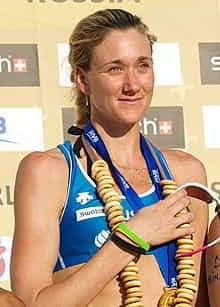
Next Steps
It doesn’t matter what stage you’re at – it’s important to be the best you can be. At the end of the day it’s about taking personal responsibility – You Drive!
It’s really your choice. You can find out more information about the subject, or see other institutions that can help by going to Support. There you will find organisations, training, coaching, self-help courses and other items to support your personal change. We have also started developing a panel of experts to provide info, advice, help and support.
Get Support
There are times when you need some help to meet your aims – a helping hand. That might be an organisation that can provide you with some help, some specialised information, a particular book or tool to help, or just getting some background reading material.
We have a lot of items which appear on our Drives and other pages, which you can go to by clicking on the picture or link. Some contain affiliate links and we may receive a tiny commission for purchases made through these links.
If you know of anything which could help you or our other visitors then please click the button on the right, which will take you to a Contacts page where you contact us.
Experts
We are compiling a list of experts who can provide advice, help or specialised services. You will be able to access these experts from anywhere on our site you see our ‘Experts’ symbol. Click the green E to see what our Experts list will look like, with a couple of imaginary ‘experts’ added!
More Information
Scroll down to see more information on this Drive.
If you register you can also download reports, white papers, quizzes and other collaterals. We will never ask you for any financial information, and we’ll only send you the information you want. You can register for our site either above or in the footer below. You can provide your own questions and experiences in order to help other members. We only moderate for spam and inflammatory language – see our moderation policy.
If you’ve found this interesting, then please share it on social media. Choose your network!
More information
Walking Your Way to Weight Loss
A Simple Two-Part Approach to Becoming Fitter, Healthier, and Happier in 49 Days
If you want to lose up to 25% more body weight in 12 weeks and keep those extra pounds off for good, then read this …
Stop Dieting & Weight Loss Motivation
How to Stop Dieting and Eat Normally & The Ultimate Motivation Guide Paperback
2 BOOKS IN 1 – DISCOVER WHAT YOU NEED TO KNOW AND DO TO ACTUALLY LOSE WEIGHT WITHOUT JUMPING FROM DIET TO DIET.
Mindful Eating
What Zen Masters Can Teach You About Eating and Mindfulness, Including Tips on Intuitive Eating, and Ending Overeating, Binge Eating, … and Emotional Eating (Fasting Techniques)
If you want to reduce stress, lose weight, and improve your relationship with food, then keep reading…
De-stress, Weigh Less
Mass Market Paperback
Exploring the link between stress and obesity, this informative handbook introduces a simple, easy-to-follow program designed to reduce the stressful events in one’s life that trigger unhealthy eating habits, offering helpful advice on how to eliminate foods causing stress, exercise effectively, eliminate life stressors, and promote lifetime weight control.
Intuitive Eating
The Practical Guide to Develop Intuitive Eating
How many diets have you tried that you can say truly worked?
Stop Eating Your Heart Out
he 21-Day Program to Free Yourself from Emotional Eating: The 21-Day Program to Free Yourself from Emotional Eating (How to Stop Overeating, for Fans of Brain Over Binge)
offers a way to rewire the brain to respond differently to the impulses and feelings that create bingeing. Beck, a therapist and former binge eater, takes an approach to recovery from emotional eating that incorporates spiritual, emotional and energy work.
You Can’t Eat Love Workbook
How Learning to Love Yourself Can Change Your Relationship with Food
When you look in the mirror, how do you feel? What do you see?
Are you buying into the commercials and thoughts that food will make everything better? Are you chasing another diet and failing, again?
Chill Out and Get Healthy
Live Clean to Be Strong and Stay Sexy
A no-nonsense, tell-it-like-it-is guide for women who need to get a grip on their health-now!
Quit Smoking Today Without Gaining Weight
Paul McKenna, PhD, has developed a breakthrough system to help people quit smoking. 97% of people who use it do NOT gain any weight when they quit smoking. Already an international bestseller, this book and hypnosis CD has helped people all over the world to change their lives.
The NHS have info on managing weight, including a BMI calculator
Healthline have an interesting article in Alternative Day Fasting – one version of intermittent fasting
Redbook have a review and description of 40 top diets
Download Men’s Health Forum Paper on the ‘Hazardous Waist’

